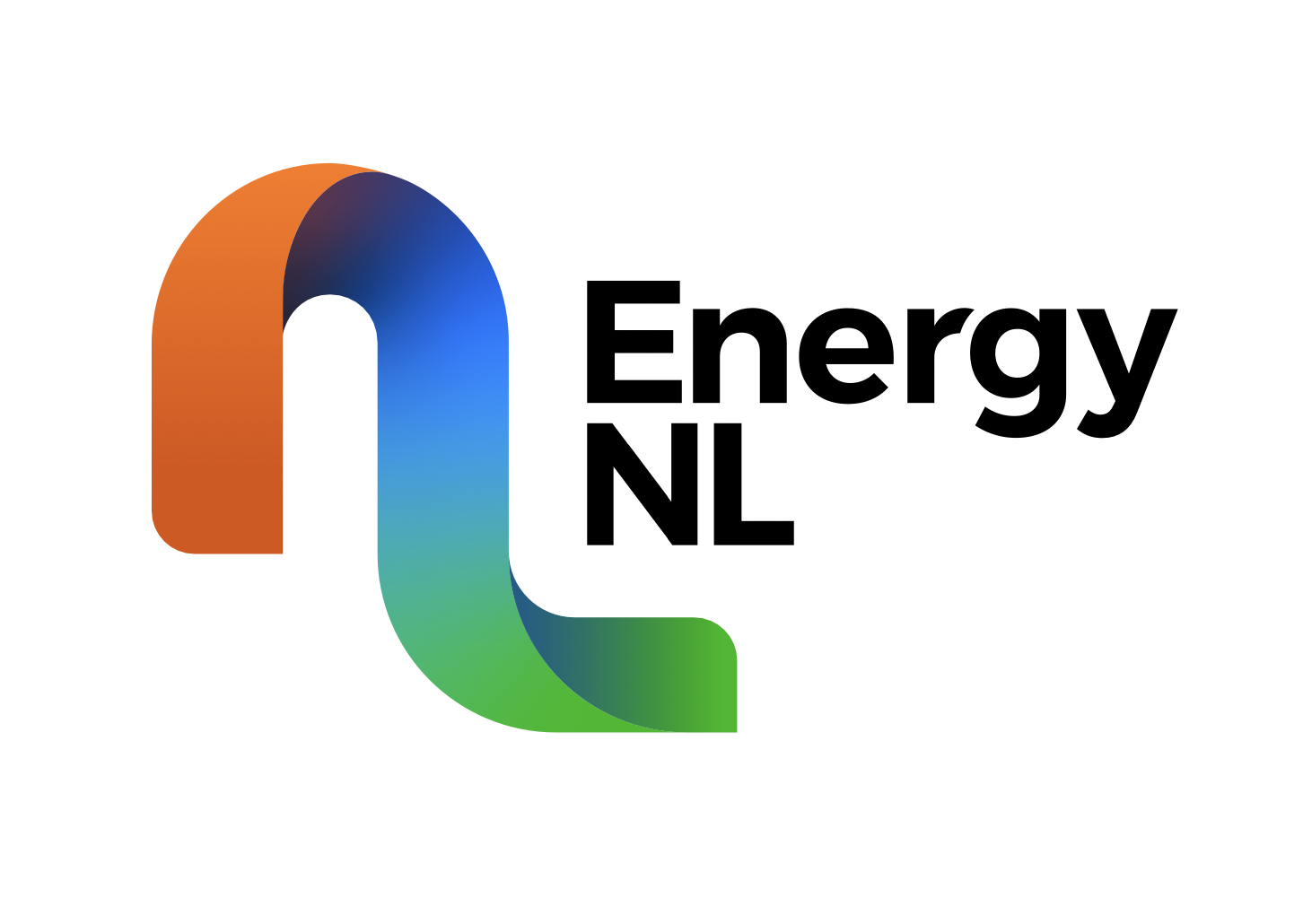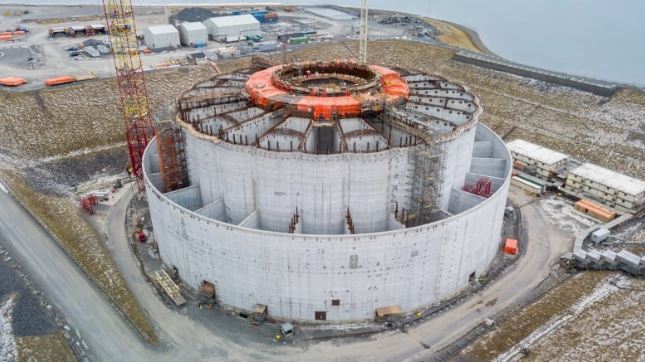Husky says re-start of construction ‘undetermined at this time’
Husky Energy has confirmed that construction on the West White Rose project will not resume this year. That means hundreds of construction workers have been cast into limbo, as well as another setback for Newfoundland and Labrador’s beleaguered oil industry.
Calgary-based Husky began demobilizing two large construction sites in the province — one in Placentia and another in Marystown — a month ago because of safety concerns about the COVID-19 pandemic.
The company did not offer a timeframe for the resumption of work at the time, but that changed late Tuesday with a statement from the company.
“Due to the time required to safely secure sites, and to ramp them back up again, combined with uncertainty surrounding COVID-19 timelines, construction is suspended for the remainder of the year and the timing for restarting construction activities is undetermined at this time,” Husky told CBC News.
Because of the limited weather window for towing the massive concrete gravity structure, or CGS, and the topside modules to the Grand Banks, Husky also confirmed that first oil for the project is delayed by a year, until 2023.
When the project was sanctioned three years ago this month, first oil was slated for 2022.
Husky announces further cuts to capital spending
There’s no reference to financial considerations in Husky’s statement to CBC, but the company also announced this week it is further slashing capital spending this year by $700 million, bringing the total to $1.7 billion, or half the original budget for what’s called capex.
It’s the latest blow for an oil industry that has been hit hard by a combination of a collapse in demand and prices for fuels because of the global pandemic, and worldwide inventories that are nearly at capacity as countries like Russia and Saudi Arabia crossed swords in a production war.
The Husky decision means uncertainty for the roughly 650 workers who were helping construct the concrete gravity structure at a graving dock in Argentia, and another 230 workers were employed by Kiewit Offshore Services at the Cow Head fabrication facility in Marystown, constructing the living quarters and other smaller modules for the wellhead platform’s topsides.
The main topside module is being built by Kiewit in Texas, and Husky has said that site is also shut down.
As of last fall, the CGS was more than 50 per cent complete, and will eventually be towed to the White Rose oil field 350 kilometres east of St. John’s.
The topsides will be floated out separately aboard a massive ship called the Pioneering Spirit and mated with the CGS after it is fixed in place on the bottom of the ocean.
The wellhead platform will be tied back to the SeaRose FPSO, which has been producing oil in White Rose field since 2005.
Husky and its partners sanctioned the project three years ago at a cost of $2.2 billion. Husky has not said how these setbacks will affect construction costs.
CBC News has attempted to get reaction from some of the unions representing workers on the project.
—
Source: CBC News | This text was excerpted from the media outlet cited on April 22, 2020 and is provided to Noia members for information purposes only. Any opinion expressed therein is neither attributable to nor endorsed by Noia.






